No matter how work changes, the ways people work remain profoundly tied to social dynamics. In this intriguing book, psychologist Joe Ungemah draws on insights from social psychological research and applies them to the workplace. If the COVID-19 pandemic has provided a test case for the future of work, it is, Ungemah indicates, all the more important to understand the psychological factors at play. His insights will help business leaders and employees adapt and thrive.
Subordinates model themselves after the behaviors and performance expectations leaders indicate.
Unhealthy workplace cultures do not develop spontaneously. When Uber, for example, faced accusations of sexual harassment from female employees, the company’s founder, Travis Kalanick, and other senior staff downplayed the charges. Then, in 2017, engineer Susan Fowler went public with her experience of harassment. The subsequent investigation revealed a massive culture problem that stemmed from Kalanick’s behavior.
Observing a role model’s unchecked behavior makes others more likely to behave poorly. As Uber illustrates, employees look to leadership for behavior models. If leaders bully, staff will do likewise.
Labels generate real-world consequences.
Leaders can shape employee behavior by their biases. When management feels more positively toward an employee, they engage with that worker in ways that boost his or her performance and relationships with fellow employees.
If a manager lacks sound role models, he or she may fall back on stereotypically authoritarian actions. Anti-bullying and...









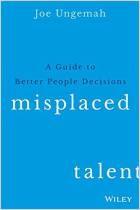
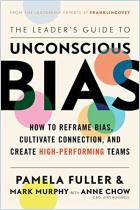

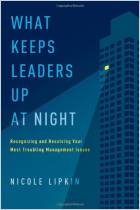

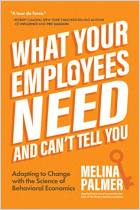
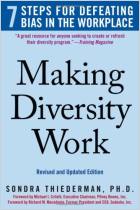





Comment on this summary or Diskussion beginnen